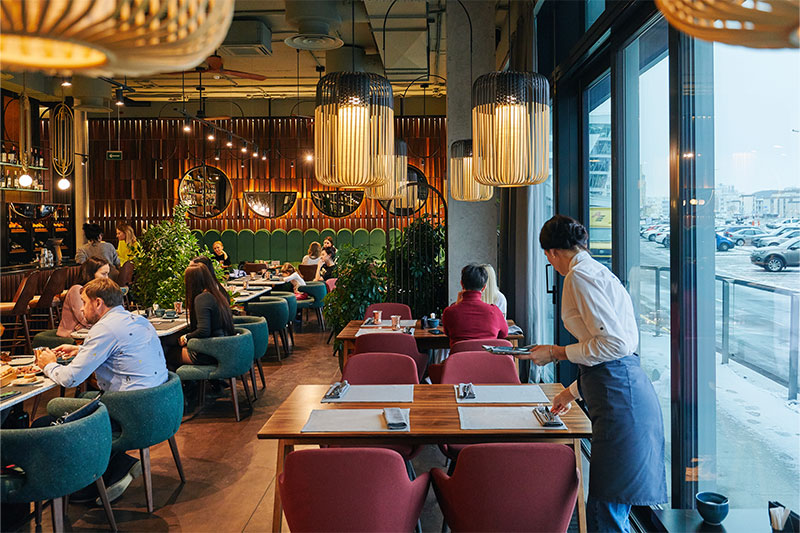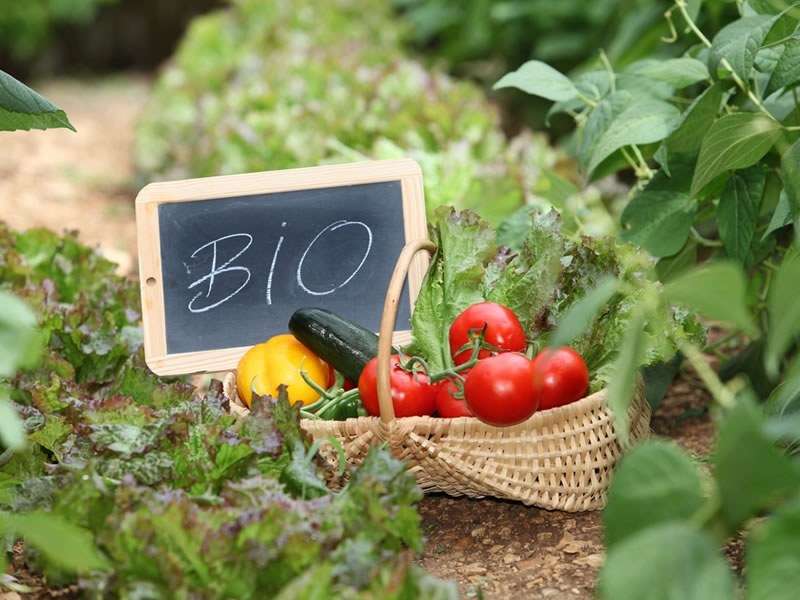




We often hear that eatingorganic it's expensive. However, it is possible to eat healthy without putting your bank account in the red. This requires some adjustments ... Editus lets you know!
If you are not ready to give up your piece of meat everyday, it may be complicated. Because organic meat , which does not contain pesticides, GMOs, growth hormones, or antibiotics, is more expensive than that traditionally sold in butcher shops and supermarkets.
The option available to you is to eliminate the meat from your meals at least two to three times a week. From a nutritional point of view, this can not hurt you since even specialists believe that eating one to two times a week is more than enough to cover your protein needs.
Moreover, there are alternatives to cover your contributions: cereals and pulses (flageolets, split peas, chickpeas, lentils, soya). The opportunity to (re) discover them!
Why pay a package or a tray when you know that packaging is a significant cost, and without guaranteeing organic quality since they are not neutral?
So privilege the purchase in bulk, it will not change the taste of your food. What's more, you will make an ecological gesture by reducing your waste!
In today's society, there is often a lack of time for cooking and there is a steady tendency to consume ready-made and non-organic foods purchased in-store. Putting on your apron and cooking your dishes is the best way to eat organic and know exactly what is on your plate.
One tip, prepare extra rations to freeze. You can savor them when you do not have time to cook.
A tomato-mozzarella salad or a strawberry pie in the middle of winter? Yes, it happens to us to consume ... However, tomatoes and strawberries are absolutely not in season! As a result, we are spending a lot of money on these products that come from far away.
In addition to eating organic, therefore also favor local productions. Many sales channels now exist, like cooperatives or farms. You'll see that a leek quiche and a pear pie are just as delicious.
Some fruits and vegetables (organic of course) are easily cultivable, even in small quantities on the balcony of an apartment. Start with a few varieties before you see big, even if you want to add new crops the following year. Because first, it is better to be certain that you will have the courage to maintain your garden.
Since organic foods do not contain preservatives or pesticides, it is difficult to keep them for a long time. So buy only what you eat in two to three days, and shop more often. This allows you, in addition, to fight against food waste.